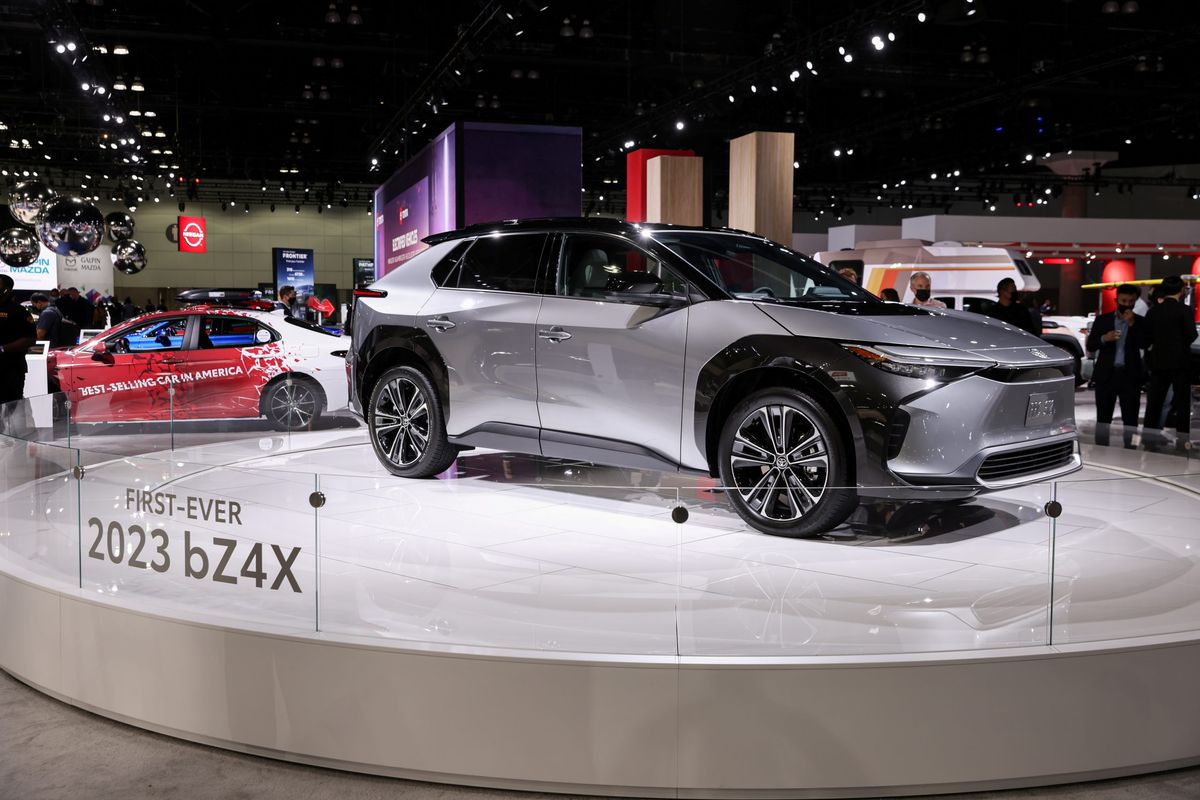Are electric vehicles really the answer to the climate crisis?

A few minutes every morning is all you need.
Stay up to date on the world's Headlines and Human Stories. It's fun, it's factual, it's fluff-free.
The electric vehicle (EV) revolution is really catching speed. While the world’s most famous EV producer is Tesla, other brands are quickly catching on. GM, Ford and Mercedes-Benz are all making moves into the EV market. In the coming years, we can expect 12 more EVs to come out.
Back in 2021, EV sales represented almost 9% of global car sales, more than tripling their market share over two years. So, where does the demand for EVs come from? Well, some governments have begun incentivizing their purchase. Also, it costs less to recharge a car than it does to put gas in it constantly, and many people have started trying to reduce their carbon footprints.
But exactly how green are EVs? How much does it help the environment to drive one? It turns out there are a lot of myths surrounding EVs, and we’re here to debunk them.
For the record, experts agree that plug-in vehicles are more climate-friendly than traditional cars. More electricity is produced using renewable resources every year. The option to buy completely “green power” is relatively accessible.
That doesn’t mean EVs are completely eco-friendly.
For many, the electricity used to charge them is still produced by burning coal. Electricity grids need to get way cleaner before EVs are carbon-free or neutral. “The reason electric vehicles look like an appealing climate solution is that if we can make our grids zero-carbon, then vehicle emissions drop way, way down,” said Jessika Trancik, an associate professor of energy studies at MIT.
On top of that, the lithium-ion batteries that power EVs aren’t that great, either. They rely on raw materials like cobalt, lithium and other rare earth elements – all of which have been linked to environmental and human rights concerns. And the water required for producing these batteries means that manufacturing EVs is about 50% more water-intensive than regular engines.
But, as the US EPA explains: “Recycling EV batteries can reduce the emissions associated with making an EV by reducing the need for new materials. While some challenges exist today, research is ongoing to improve the process and rate of EV battery recycling.”
So, they might not be zero-carbon now, but EVs do have the potential to be cleaner options than traditional cars.




Comments ()